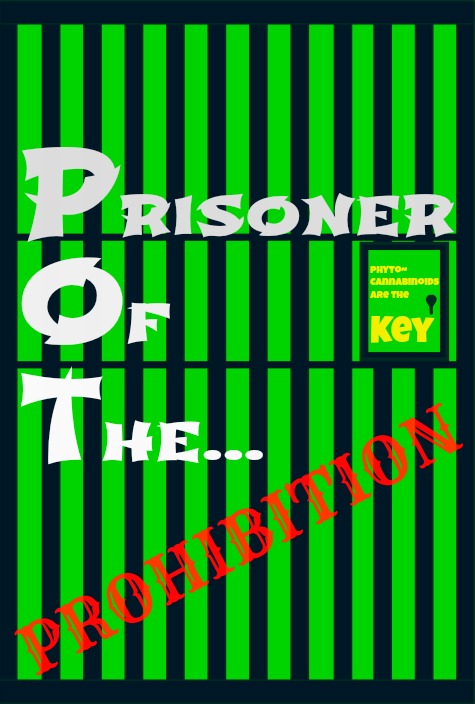[Epub ahead of print]
PPARγ mediates the effects of WIN55,212-2, an synthetic cannabinoid, on the proliferation and apoptosis of the BEL-7402 hepatocarcinoma cells.
Source
Department of Biochemistry, Guangzhou Medical University, Guangzhou, 510182, China.
Abstract
Cannabis sativa has long been used as a traditional medicine in China. Among its effective compounds are cannabinoids. This study determined the effect of WIN55,212-2 (WIN), a synthetic cannabinoid, on the BEL-7402 human hepatocellular carcinoma (HCC) cell line. The results showed that WIN could decrease the proliferation of BEL-7402 cells. Moreover, WIN could cause apoptosis of the cells via up-regulation of Bax expression, down-regulation of Bcl-2 expression, induction of the mitochondrial membrane potential, increase of caspase-3, -8 and -9 activities, and induction of the cleavage of caspase-3 and poly-ADP-ribose polymerase (PARP). The WIN-induced apoptosis was accompanied by the up-regulation of PPARγ expression, the activation of PPARγ DNA binding activity, and a down-regulation of PPARγ target oncogene c-myc. Conversely, the effects of WIN could be attenuated by PPARγ antagonist GW9662, and the WIN induced PPARγ expression was partially attenuated by AM630, a cannabinoid receptor-2 antagonist, whereas the WIN-induced reduction of c-myc expression was partially restored by GW9662. Collectively, our results suggest that WIN can decrease the proliferation and cause apoptosis of the BEL-7402 cells via a mitochondrial-caspase pathway and mediated by PPARγ. These results may provide a basis for the application of WIN in HCC treatment.
- PMID:
24062073
[PubMed – as supplied by publisher]
Publication Types, MeSH Terms, Substances
Publication Types
MeSH Terms
- Antineoplastic Agents/pharmacology*
- Apoptosis/drug effects*
- Benzoxazines/pharmacology*
- Calcium Channel Blockers/pharmacology*
- Carcinoma, Hepatocellular/metabolism*
- Caspases/metabolism
- Cell Line, Tumor
- Cell Proliferation/drug effects
- Enzyme Activation/drug effects
- Humans
- Liver Neoplasms/metabolism*
- Morpholines/pharmacology*
- Naphthalenes/pharmacology*
- PPAR gamma/metabolism*
Substances






